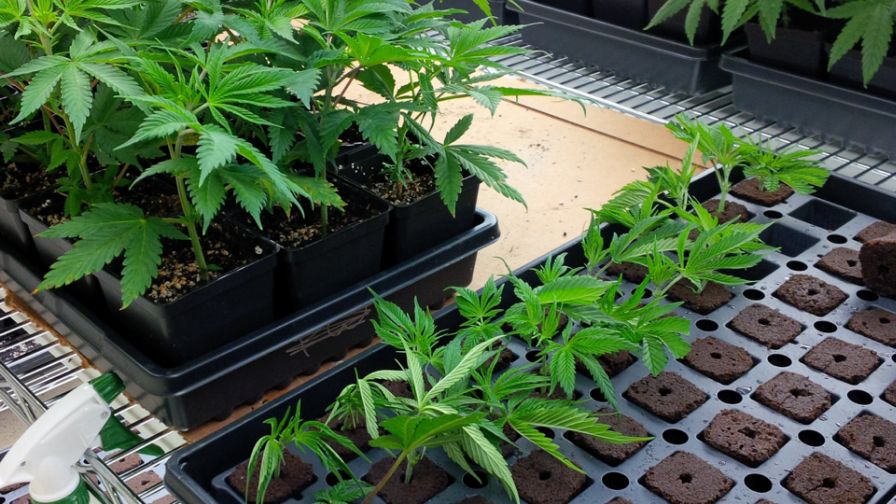“Navigating CBD Products: A Consumer’s Guide to Choosing the Right Option”
Navigating CBD Products: A Consumer’s Guide to Choosing the Right Option
The growing popularity of CBD products has led to a wide array of options flooding the market, making it crucial for consumers to be well-informed when selecting the right product for their needs. This guide aims to help consumers navigate the world of CBD products by providing insights into key considerations and factors to keep in mind.
Understanding Product Types:
CBD products come in various forms, each designed to offer a different method of consumption and varying onset times. Common product types include CBD oil tinctures, capsules, edibles, topicals, and vape products. Tinctures offer versatile dosing and fast absorption, while capsules provide a convenient and consistent dosage. Edibles offer a discreet way to consume CBD, while topicals are designed for localized relief. Vape products provide rapid effects, but they may raise concerns due to potential lung health risks.
CBD Source and Quality:
The source of CBD is essential to its quality and effectiveness. Look for products derived from organically grown hemp plants cultivated in regulated environments. High-quality CBD cannabis clones products are often tested by third-party laboratories to ensure accurate labeling and the absence of contaminants like pesticides, heavy metals, and solvents. These lab reports, often known as Certificates of Analysis (COAs), should be readily available on the product manufacturer’s website or provided upon request.
CBD Concentration and Dosage:
Understanding the concentration of CBD in a product is crucial for proper dosing. Concentrations are typically listed in milligrams (mg) on the product label. Beginners are advised to start with lower doses and gradually increase as needed. Factors such as body weight, metabolism, and the desired effects play a role in determining the right dosage. Consulting a healthcare professional before incorporating CBD into your routine can provide personalized guidance.
Full-Spectrum, Broad-Spectrum, or Isolate:
CBD products are often labeled as full-spectrum, broad-spectrum, or isolate. Full-spectrum products contain a range of cannabinoids, including trace amounts of THC (usually below 0.3%), which can contribute to the “entourage effect,” potentially enhancing the therapeutic benefits of CBD. Broad-spectrum products contain multiple cannabinoids but are THC-free. CBD isolates contain only CBD and no other cannabinoids. The choice between these options depends on individual preferences and any considerations about THC content.
Legal and Regulatory Considerations:
The legal status of CBD products varies by jurisdiction. In the United States, for example, hemp-derived CBD containing less than 0.3% THC is legal at the federal level. However, state laws may differ, and international regulations vary widely. It’s essential to familiarize yourself with the laws in your area to ensure you’re purchasing and using CBD products in compliance with local regulation.

